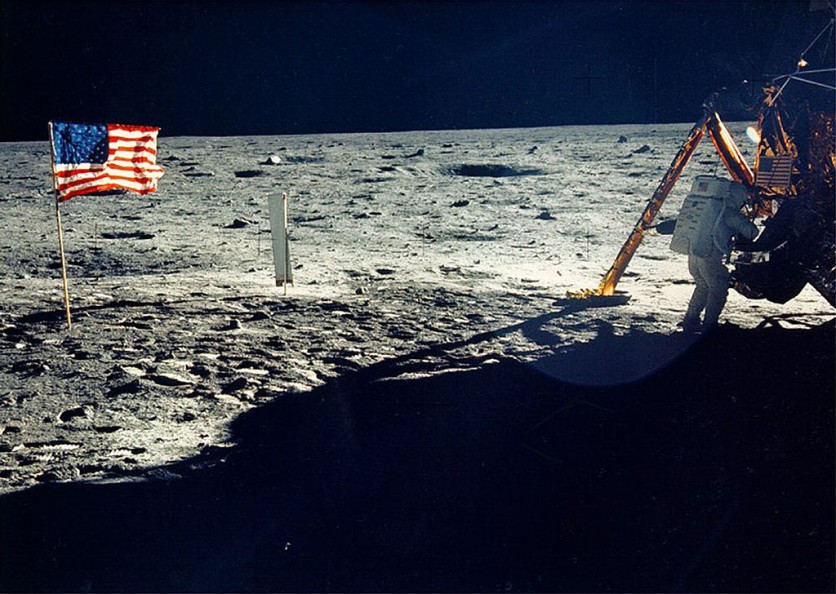NASA will be landing humans on the moon for the first time in 50 years and after successfully launching Artemis 1, preparations are now heating up for the lunar transportation of astronauts in the future.
Prominent tech companies such as Northrop Grumman and Blue Origin collaborated on a 2020 Artemis contract opportunity. But this time will be different: they will be competing against each other.
NASA has released its Human Landing Systems (HLS) bidding process priced at a whopping $10 billion. It will help astronauts reach the lunar surface in the future under the Artemis program.

Blue Origin vs Northrop Grumman
Space.com reports that NASA's constant partner SpaceX has not been included in the bidding process. This may be attributed to the fact that the space company has already been awarded the Artemis 3 and Artemis 4 transportation deal.
Hence, NASA is giving chance to other companies to give their best shot for the historic sending of humans to the moon.
Blue Origin's "National Team" hopes to lead the pack with Lockheed Martin, Boeing, Astrobotic, Honeybee Robotics, and Draper joining its crew.
Meanwhile, Northrop Grumman will be working with Leidos Dynetics hoping to win the bidding deal.
These teams have been marketing their work thus far after the bidding ended but it is worth noting that NASA is yet to make the whole list of HLS bidders public.
HLS Bidding in 2020-21
Two firms were originally scheduled to participate in landings by NASA during the HLS bidding process from the past two years. However, NASA chose SpaceX alone in April 2021 due to concerns about funding constraints.
In addition to objecting to the contract revision, Blue Origin and Dynetics both brought up allegations of unfair bidding practices. Blue Origin filed a complaint against NASA in the Court of Federal Claims on August 13, 2021, following the US Government Accountability Office's dismissal of such claims.
But a few months later, the court eventually sided with NASA. The US Senate ordered NASA to pick a different company for further Artemis missions in October 2021.
The Northrop Grumman-Dynetics team has one artist's vision of its lander poised on the moon's surface, whereas the National Team is yet to reveal design concepts to the public.
NASA has recently granted SpaceX's request for a contract amendment. This will allow SpaceX to advance the development of its Starship human landing system.
SpaceX acquired the modification, known as Option B, after being given a contract under Appendix H of the Next Space Technologies for Exploration Partnerships-2 (NextSTEP-2) contract in July 2021.
NASA previously expressed its plans to collaborate with SpaceX in putting Option B into practice. The contract adjustment is estimated to be worth $1.15 billion.
Related Article : NASA Says Artemis 1 Moon Mission was a Complete Success After Initial Assessment - Ready for Crewed Landing?

ⓒ 2026 TECHTIMES.com All rights reserved. Do not reproduce without permission.




